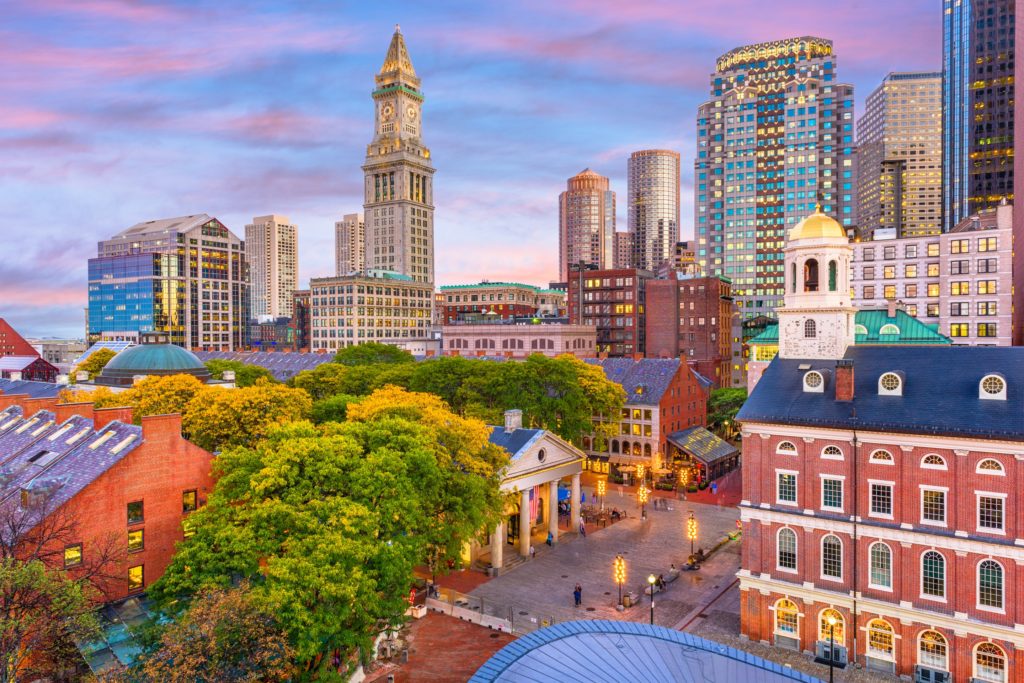
How Has COVID-19 Impacted the Boston Film Industry?
The Boston film industry was running strong in early 2020 as was the film industry throughout much of the United States. That is, until COVID-19 hit, and abrupt halts to production took place nationwide. Film sets were closed. Film studios all but abandoned. Productions postponed first for 30 days, and then 90 days, and then into 2021. The ramifications of COVID-19 on the Boston film industry have yet to be fully seen, as the pandemic rages on.

Filmmakers Adapt & Pivot
The Boston film industry was largely shook by the pandemic, but professional production crews know that if nothing else is certain, one thing that always holds true is the fact that the show must go on.
In the early months of 2020, and throughout the summer, filmmakers learned how to adapt to new requirements, regulations, and restrictions on film sets as things slowly started to reopen.
Those who wanted most to succeed, would pivot. Adjusting their filmmaking priorities, focusing more on smaller productions and post-production work, less on large scale projects.
But what does pivoting mean for the Boston film industry overall? What about those who couldn’t “pivot” like movie theaters, and the many movies that were in various stages of production when the stop signs were put up?
Initial profits from feature films released in the late summer months and into the fall would see dramatically lower than expected gross openings.
Many major movie studios would push the introduction of further blockbuster releases well into the following year in an effort to (hopefully) recuperate some of the revenue that was lost to the pandemic in 2020.
Streaming & Online Content Consumption Soars

If we learned one thing, the Boston film industry has recognized that not all filmmaking and video production has seen negative numbers. Streaming and the consumption of digital content has grown tremendously amid a community that is forced to stay home.
As such, independent filmmaking and the production of films for Netflix release and Amazon originals has seemingly continued in a positive direction.
Reports that Netflix was constantly on the prowl for content to feed its subscribers show the shift from movie-going to relaxing at home.
So, too, has the production of videos for businesses and those seeking to expand their marketing campaigns.
Although production was slowed in the early portion of the year, many film production companies shifted towards drop kits that allowed businesses to capture raw footage at home or from the office, and then send it in for further editing and final rendering.
So, while the Boston film industry continues to push forward through a pandemic that created fear and chaos throughout much of the filmmaking industry, there’s still plenty of desire among consumer to view content — and it appears that those who focus on delivering the content most suitable for this new, pandemic focused audience, are the most suited for growth among an otherwise uncertain time.


